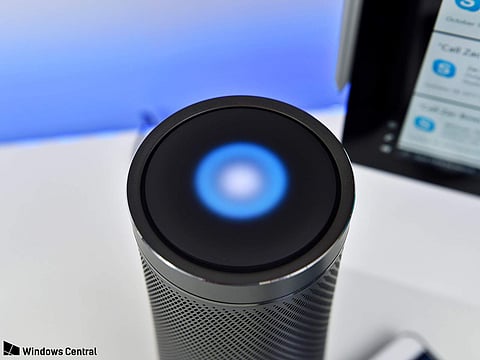

NEW DELHI: Referring to lurking security risks, the Ministry of Information and Broadcasting has advised its officials to not share covert information while working from home and also to use 'security-hardened electronic devices' for office communications.
The five-point advisory issued on Wednesday asked them not to keep 'digital assistant devices' such as Echo, HomePod, and Google Home in their offices.
It also suggested voice assistants like Alexa or Siri in the smart phones or watches be turned off and added that smart phones might not be allowed inside the meeting room, if discussions are related to 'classified issues'.
Highlighting the fact that officials are using popular messaging platforms WhatsApp and Telegram for sharing classified information, the advisory note cum guidelines stated that such practice is clear violation of information security instruction in manual of the Departmental Security instructions and the National Information Security Policy Guidelines (NISPG).
To prevent leak of information, the officials were asked not to exchange 'Top Secret' and 'Secret' documents over the internet. "The Top Secret and Secret information shall be shared only in a closed network with leased line connectivity where Scientific Analysis Group grade encryption mechanism is deployed. However, Confidential and Restricted information can be shared on the internet through networks that have deployed commercial AES 256-bit encryption," it said.
The ministry recommended government email server National Informatics Centre and Instant Messaging Platforms such as Centre for Development of Advanced Computing's Samvad and NIC’s Sandesh for the communication of 'Confidential' and 'Restricted information'.
"Utmost care should be taken during the classification of information and before the communication over the internet. The information which may deserve a Top Secret/Secret classification shall not be downgraded to Confidential/Restricted for the purpose of sharing the information over the internet," he said.
The ministry also advised that solutions provided by government agencies such as Centre for Development of Telematics (CDOT), CDAC, NIC might be used for official video conferencing but even then top secret information should not be shared during the event.